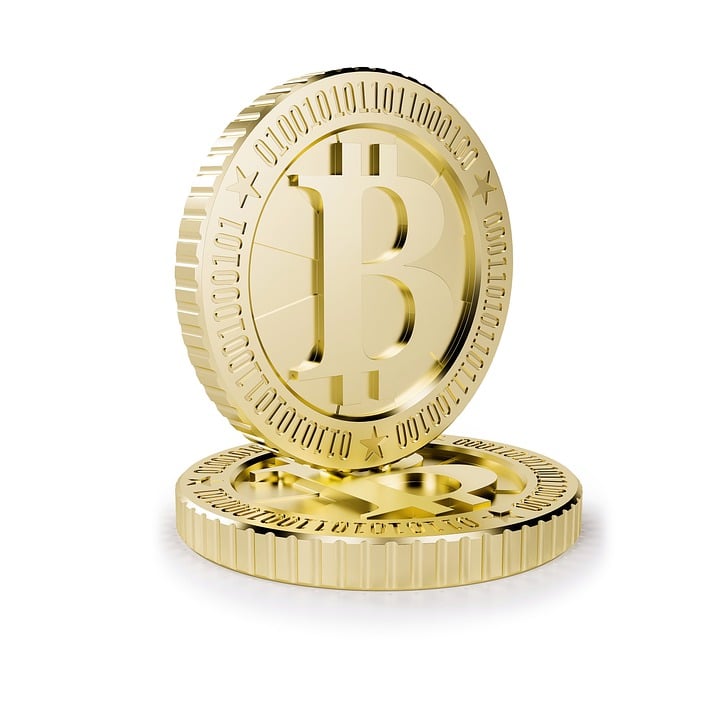In the realm of cryptocurrency, Bitcoin stands out as the most prominent digital currency. As its popularity continues to grow, so does the importance of securing one’s assets. While Bitcoin offers unparalleled opportunities for investment and financial freedom, it is paramount to safeguard these digital assets against theft, hacking, and loss. Here’s a comprehensive guide on Bitcoin wallet security to ensure that your investments remain protected.
Understanding Bitcoin Wallets
Before diving into security measures, it’s crucial to understand the different types of Bitcoin wallets available:
-
Hot Wallets: These are connected to the internet and include web wallets, mobile wallets, and desktop wallets. Although they offer convenience for quick transactions, they’re more vulnerable to cyberattacks.
- Cold Wallets: These wallets are offline and include hardware wallets and paper wallets. While they provide enhanced security, they lack the convenience of hot wallets, making them better suited for long-term storage.
Essential Security Tips
To protect your Bitcoin assets effectively, consider the following tips:
1. Use a Hardware Wallet
For substantial holdings or long-term investments, a hardware wallet is one of the best security measures. These devices store your private keys offline, making them impervious to online hacking efforts. Popular brands include Trezor and Ledger, both of which come with built-in security features.
2. Enable Two-Factor Authentication (2FA)
If you choose to use a hot wallet or an exchange, enable two-factor authentication. This additional security layer requires not only your password but also a secondary code sent to your mobile device. This makes it significantly harder for unauthorized users to access your wallet even if they decipher your password.
3. Create Strong, Unique Passwords
Always use a strong and unique password for your wallet. A mix of uppercase and lowercase letters, numbers, and special characters, along with a length of 12-16 characters, is recommended. Avoid using easily guessable information like birthdays or common words. Password managers can help you generate and store complex passwords securely.
4. Keep Backups Secure
Regularly back up your wallet, and ensure those backups are stored in a secure location. If you’re using a hardware wallet, store the recovery phrase (seed phrase) in a safe place. Write it down and keep it away from prying eyes—as it is the key to accessing your assets if your wallet is lost or damaged.
5. Be Cautious with Public Wi-Fi
Avoid accessing your wallet or making transactions over public Wi-Fi networks. These networks can easily be monitored, and hackers can intercept sensitive information. If you must use public Wi-Fi, consider using a Virtual Private Network (VPN) to encrypt your connection.
6. Update Software Regularly
Keep your wallet software, device operating systems, and firmware updated. Software updates often contain patches for security vulnerabilities that hackers can exploit. Enable automatic updates if available.
7. Beware of Phishing Scams
Phishing scams are prevalent in the cryptocurrency space. Always double-check URLs and emails you receive that pertain to your wallet or exchanges. Ensure you are using official sites and be cautious about any unsolicited communications that request sensitive information.
8. Limit Your Exposure
If you’re trading or frequently making transactions, it’s wise to keep only a small amount of Bitcoin in hot wallets. Transfer the majority of your holdings to cold storage. This limits the amount exposed to potential threats.
9. Monitor Your Wallet
Regularly monitor your wallet for unauthorized transactions. If you notice anything suspicious, take immediate action to secure your wallet and inform any relevant service providers.
Conclusion
Securing your Bitcoin wallet should be a top priority if you’re involved in the cryptocurrency space. By implementing these essential security measures, you can greatly reduce the risk of losing your assets to theft or cyberattacks. Remember that in the world of digital currencies, being proactive and informed about your security options is your best defense. With the right precautions, you can enjoy the benefits of Bitcoin while keeping your investment safe and sound.





